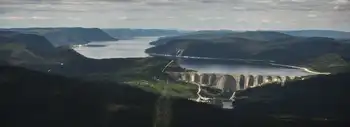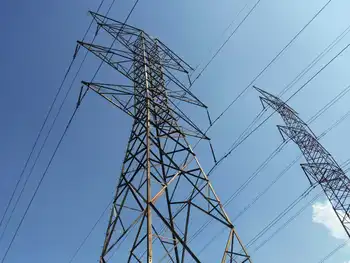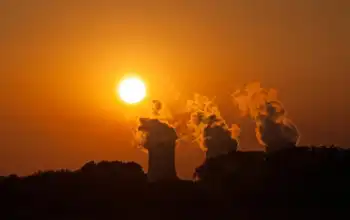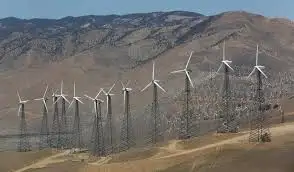RussiaÂ’s first civil nuclear plant gets license
Seversk is the location of the Siberian Group of Chemical Enterprises and contains older nuclear reactors and chemical plants for the separation, enrichment and processing of uranium and plutonium. The two remaining operational plutonium-production reactors, used by the military but also supplying heat and power to the city, were shut down in April and June this year under a nonproliferation treaty signed between Russia and the United States in 2003.
The new plant will consist of two 1,200-megawatt (MW) VVER pressurized water reactors and is reported to cost $4.6 billion (3.1 billion euros). Originally scheduled to be completed in 2015 and 2017, the reactors were put on hold for two years as a result of reduced demand following the global recession. The granting of the licenses is a significant step in the resumption of the project.
The steam turbines for the power plant will be supplied by Alstom Atomenergomash LLC, a joint venture established in 2007 between Alstom SA and OAO Atomenergomash, a subsidiary of the Russian state-owned company Atomenergoprom.
The turbines will be based on Alstom's Arabelle half-speed turbine technology, a central part of Alstom's nuclear technology. The turbine is widely recognized as one of the most efficient in the industry and can produce power between 1,000 MW and 1,800 MW with high reliability. The turbines achieve this outstanding performance through an exclusive welded rotor technology developed by Alstom and used in all of the company's gas and steam turbines. Alstom claims the technology has exceptional resistance to corrosion with a life of up to 60 years.
The contract for the supply of the turbines for Seversk was signed in September 2008.
Construction of the plant is scheduled to begin in 2010. Russia had plans to double its nuclear power generating capacity by 2020, with a build schedule of up to three new reactors per year.
Related News
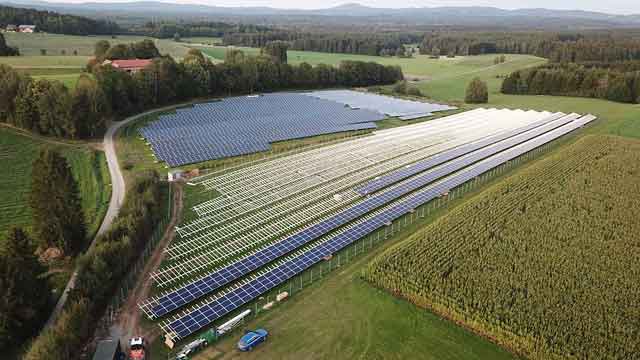
U.S. Speeds Up Permitting for Geothermal Energy
In a significant policy shift, the U.S. Department of the Interior has introduced emergency permitting procedures aimed at expediting the development of geothermal energy projects. This initiative, announced on May 30, 2025, is part of a broader strategy to enhance domestic energy production and reduce reliance on foreign energy sources.
Background and Rationale
The decision to fast-track geothermal energy projects comes in the wake of President Donald Trump's declaration of a national energy emergency on January 20, 2025. This declaration cited high energy costs and an unreliable energy grid as threats to national security and…

